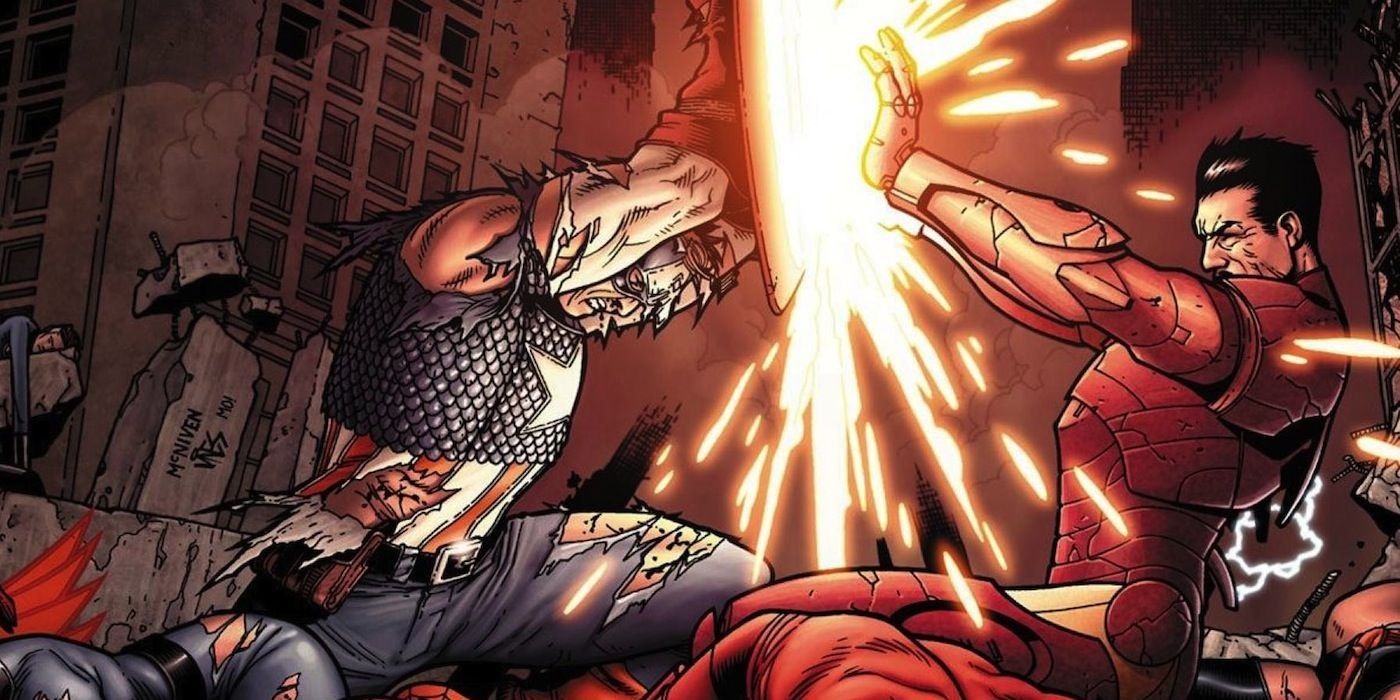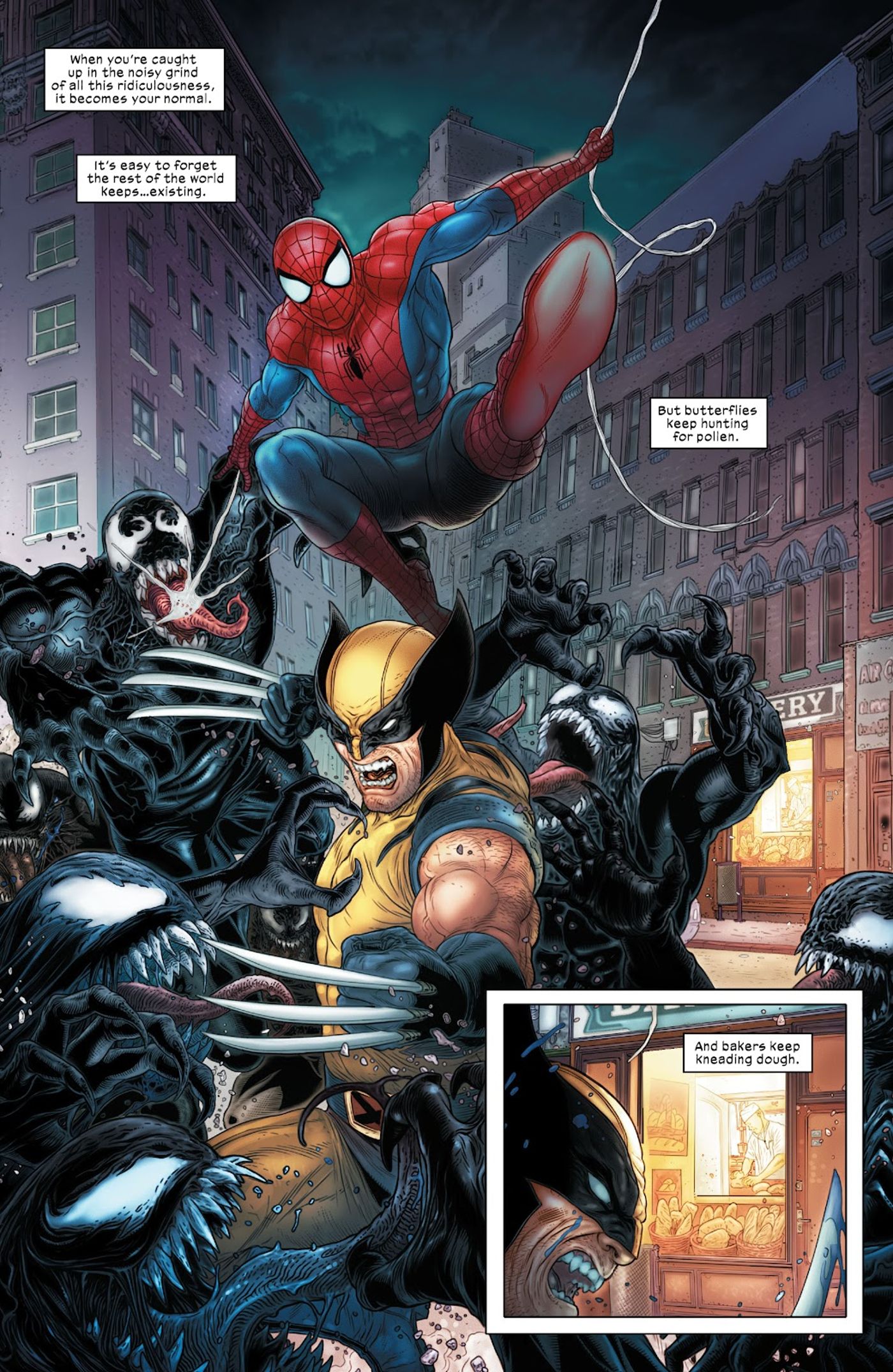This article contains spoilers for Wolverine #26.Events are becoming old at Marvel Comics, and even the comic book publisher knows it. The last two decades have seen superhero comic books fall into something of a pattern, with series putting their own stories on hold to set up the latest event. Some of them have been pretty spectacular - Civil War arguably inspired the entire MCU with its structure - but others have sadly fallen flat. And, unfortunately, that's becoming increasingly true.
It's hard to believe there was a time not so long ago when only one major event happened every year - a massive summer crossover that dominated the entire publishing range, and that ideally had a dramatic impact on every book. That's no longer the case, though, and particularly at Marvel Comics. Now, events come thick and fast, and almost every series is either building up to its own major event, or else is dealing with the consequences of the last one. The stakes are getting higher, too, because of course an event needs to feel as though it matters, and stories are substituting scale for character.
Wolverine #26, by Benjamin Percy and Juan Jose Ryp, reveals some writers at Marvel are very much aware of the problem. The comic's opening scenes are essentially a critique of modern event comics, because they focus on Wolverine reflecting over his recent battles. They act as a commentary on Marvel's dependence on event comics: "When you're caught up in the noisy grind of all this ridiculousness, it becomes your normal. It's easy to forget the rest of the world keeps... existing."
Marvel Needs To Remember To Keep Building Its World
The best comic book runs don't just involve events; rather, they give their characters time to breathe, and they spend time fleshing out the world in which the various superheroes operate. When a comic book publisher depends too much on spectacle, the characters lose definition and the only thing that matters is scale. The so-called "filler" issues - the ones where nothing massively significant happens, but where a writer gets a chance to flesh out their characters - are actually essential, because they ensure the reader cares. Because the reader has a connection to the characters, an event doesn't need to be spectacular for it to feel as though it matters; it just has to have an effect on the superhero, their friends, or even their enemies. This is a lesson that can be learned by looking back at any of the most iconic comic book writers; it's the reason Chris Claremont's X-Men era was such a success, it's the reason Spider-Man became a hit. And it's sadly been forgotten by modern publishers.
Marvel needs to cut back on its addiction to events. The publisher has to allow writers the time to flesh out their characters, to explore the worlds in which they operate. Ironically, that's not just the way to make better comics; it's the way to make events work too. When readers have had time to build connections to characters and explore the status quo, then change — when it happens — is delightful and exciting. It's time for Marvel Comics to allow its writers time to breathe, so the characters can as well.


